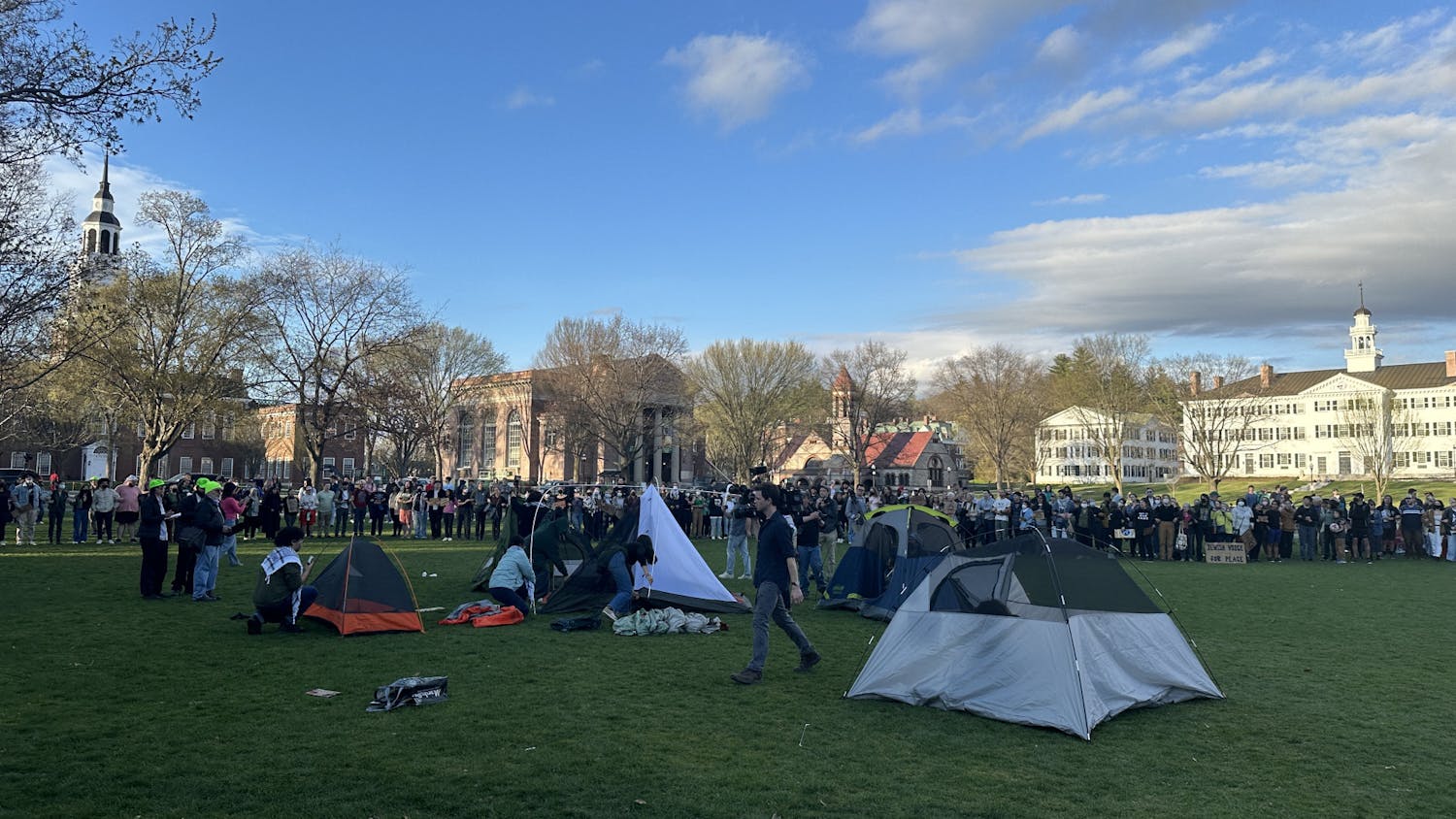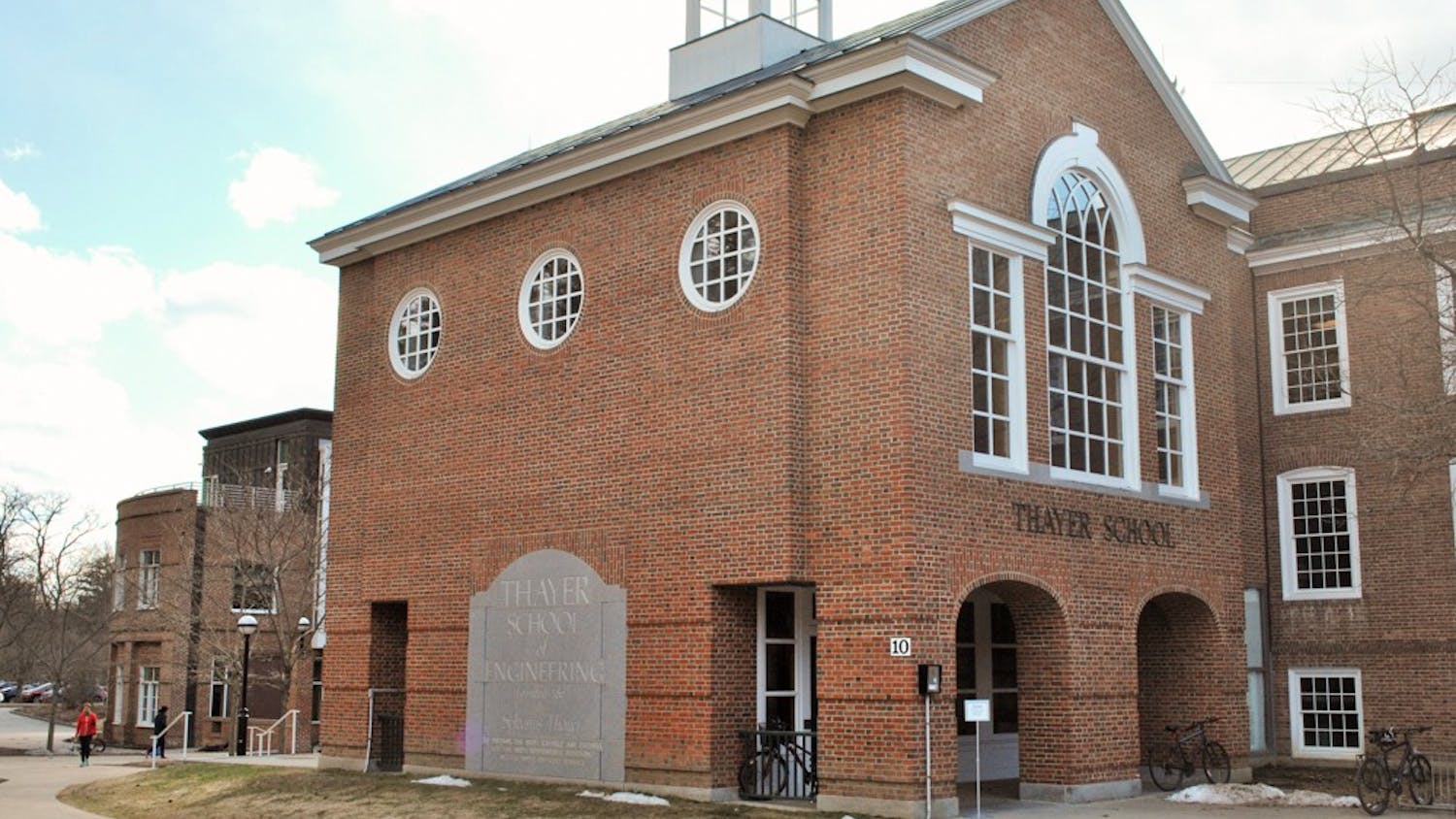Returns on endowments declined by an average of 0.3 percent across 831 private and public higher education institutions for the 2012 fiscal year, marking the third time in five years that returns have declined, Inside Higher Education reported. The continued decline reflects the financial troubles facing universities across the United States. Additionally, reduced state funding to public universities and colleges has exacerbated many institutions' fiscal problems. The survey raises concerns about whether universities will be able to spend their endowments at the traditional rate of approximately 5 percent each year, according to Inside Higher Ed. In order to spend at that level, institutions would need over 7 percent returns on their endowment annually, which very few schools have been able to achieve in the last 10 years. As a result of decreased returns on endowment, many institutions have been forced to cut costs and programs, including scholarships and teaching posts, Inside Higher Ed reported.
The University of California system may stop granting academic credit for Advanced Placement courses following Dartmouth's decision to stop granting credits, The Daily Californian reported. The College decided to stop awarding AP credits after determining that AP courses are not a real proxy for introductory level college classes. If the University of California system chooses to follow Dartmouth's lead, the change could have a major impact on institutions across the United States. The university system has had a major influence on the College Board due to its high enrollment rates. The university system is not likely to decide on a policy toward AP credits in the near future, according to William Jacob, academic senate vice chair for the University of California system.
Science, technology, engineering and math majors earn higher starting salaries than liberal arts and business majors, according to a survey released by the National Association of Colleges and Employers. Engineers saw the greatest increase in starting salary at 3.9 percent from 2011 to 2012, with aerospace engineers specifically seeing the overall greatest increase of 8.4 percent, according to The Huffington Post. Following the 2008 recession, college graduates have struggled to find employment, and 13.1 percent of people between the ages of 18 and 29 are currently unemployed. Jobs in the sciences and technology pay higher salaries because these fields are growing at a faster rate and qualified employees are more difficult to find, according to The Huffington Post.



